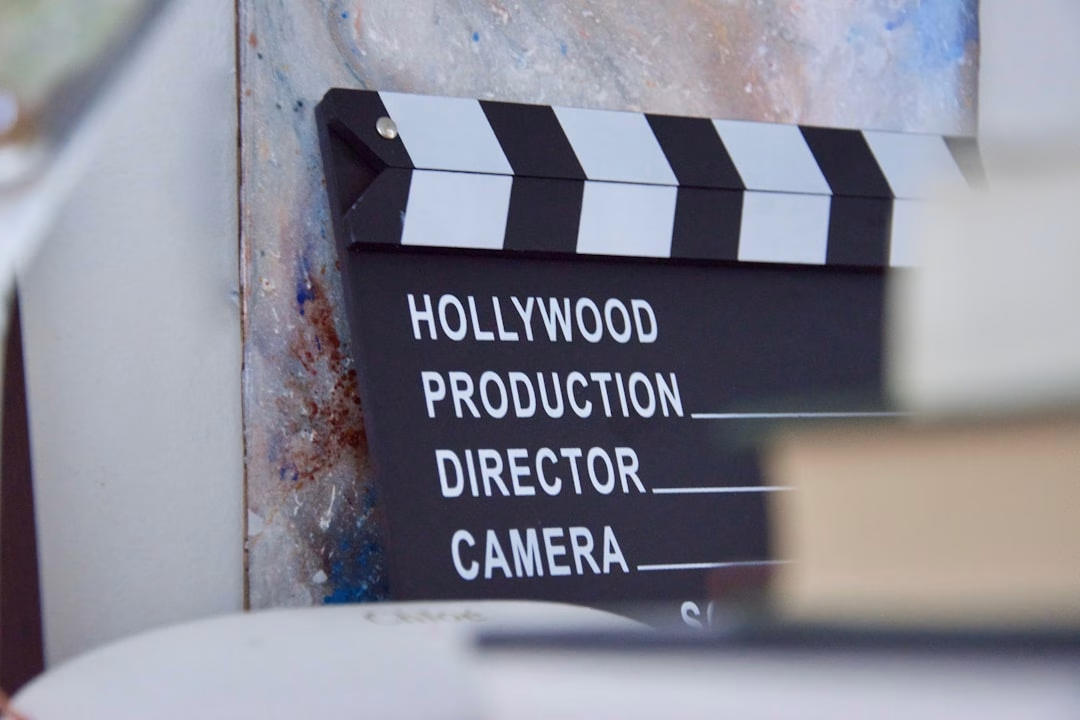Hey there! Let’s talk about one of my favorite topics: the legendary Alfred Hitchcock and how he’s influenced modern cinema. If you’re a movie buff like me, you know that Hitchcock’s impact is everywhere. Whether you’re watching a psychological thriller or a suspense-filled TV series, chances are, you’re seeing Hitchcock’s fingerprints all over it.
My First Encounter with Hitchcock
I still remember the first time I watched a Hitchcock film. I was probably too young to fully understand what was happening, but I was absolutely mesmerized by “Psycho.” It wasn’t just about the famous shower scene (though, let’s be honest, who didn’t get spooked by that?). It was the way the movie kept me on the edge of my seat, guessing what would happen next. That’s Hitchcock for you. He wasn’t just about scaring people; he was about making them think.
Hitchcock’s Signature Style
What makes Hitchcock stand out, even today, is his unique style. He had this incredible ability to blend suspense, psychological tension, and pure cinematic artistry. One thing he loved was playing with the audience’s emotions, making us feel like we were in on a secret that the characters hadn’t yet discovered. This technique, known as “suspense over surprise,” has become a staple in many modern films and TV shows.
For example, in “Rear Window,” we know early on that something sinister is happening across the courtyard, but we’re just as trapped as James Stewart’s character, waiting for the other shoe to drop. This kind of slow-burn tension is something we see in films like David Fincher’s “Gone Girl” or Denis Villeneuve’s “Prisoners.” Both directors clearly took a page out of Hitchcock’s book, making us feel like detectives, piecing together the puzzle one clue at a time.
Hitchcock and Modern Directors
Speaking of modern directors, many of them openly admit that Hitchcock’s work has influenced them. Martin Scorsese, for instance, has often cited Hitchcock as a major inspiration. If you’ve seen “Shutter Island,” you can probably guess why. The movie’s unsettling atmosphere, the psychological twists and turns, and even the way it’s shot all scream Hitchcock.
Another great example is Christopher Nolan. Think about “Inception” or “The Dark Knight.” Nolan is known for his intricate plots and mind-bending narratives, but he also uses visual cues and sound to build suspense, just like Hitchcock did. Nolan’s use of nonlinear storytelling, where he plays with time and perspective, can be traced back to Hitchcock’s experiments in films like “Vertigo.”
A Personal Hitchcock Moment
I’ve got a fun little story about how Hitchcock’s influence pops up in the strangest places. A few years back, I was at a friend’s place for movie night, and they put on “Disturbia.” At first, I thought it was just another teen thriller, but as the movie unfolded, I started getting serious “Rear Window” vibes. Sure enough, the movie is basically a modern reimagining of Hitchcock’s classic. It was a great reminder that even decades later, Hitchcock’s ideas are still fresh and relevant.
The Hitchcock Legacy in TV
But it’s not just movies where Hitchcock’s legacy lives on. Take a look at TV shows like “Bates Motel” and “Mindhunter.” “Bates Motel” is obviously a direct nod to “Psycho,” exploring the origins of Norman Bates. But what’s fascinating is how the show manages to take Hitchcock’s concepts and expand on them, giving us a deeper psychological dive into his characters.
“Mindhunter,” on the other hand, is more subtle. The show’s creators, David Fincher and Joe Penhall, use Hitchcock’s principles of suspense to build tension. They focus on the conversations between FBI agents and serial killers, making the audience feel uneasy, not by showing violence, but by suggesting it. That’s classic Hitchcock—letting our imaginations do the heavy lifting.
Hitchcock’s Influence on Genre Films
Let’s not forget how Hitchcock influenced entire genres, particularly horror and thriller. Movies like Jordan Peele’s “Get Out” or Ari Aster’s “Hereditary” owe a lot to Hitchcock. Peele, in particular, has spoken about how Hitchcock’s ability to tackle social issues within the framework of suspense inspired him. “Get Out” is a perfect example of this, blending psychological horror with sharp social commentary, much like Hitchcock did in films like “The Birds” or “Shadow of a Doubt.”
The Enduring Power of Hitchcock
What amazes me most is that Hitchcock’s films still feel fresh. Even though he started making movies almost a century ago, his work doesn’t feel dated. If anything, it’s become more relevant. In an age where movies and TV shows are getting more sophisticated, Hitchcock’s ability to create tension, manipulate the audience, and tell complex stories feels more important than ever.
I can’t help but think about how Hitchcock would’ve thrived in today’s world of streaming and binge-watching. Imagine a Hitchcock-led series on Netflix or HBO! He was a master of pacing, and his deep understanding of human psychology would’ve been perfect for the kind of character-driven stories we see in shows like “Breaking Bad” or “Stranger Things.”
Wrapping It Up
So, whether you’re a casual viewer or a hardcore cinephile, it’s impossible to escape Hitchcock’s influence. His legacy is everywhere, from the techniques directors use to the types of stories we love to watch. Next time you’re glued to a thriller, remember—you’ve got Hitchcock to thank for that heart-pounding excitement.
And if you haven’t yet, do yourself a favor and dive into his filmography. Start with the classics like “Vertigo” or “North by Northwest,” and work your way through. You’ll start to see the connections, the little threads that link his work to so much of what we watch today. Hitchcock didn’t just make movies; he changed the way we experience them.
Thanks for joining me on this little cinematic journey. Here’s to the Master of Suspense and his never-ending influence on modern cinema!
